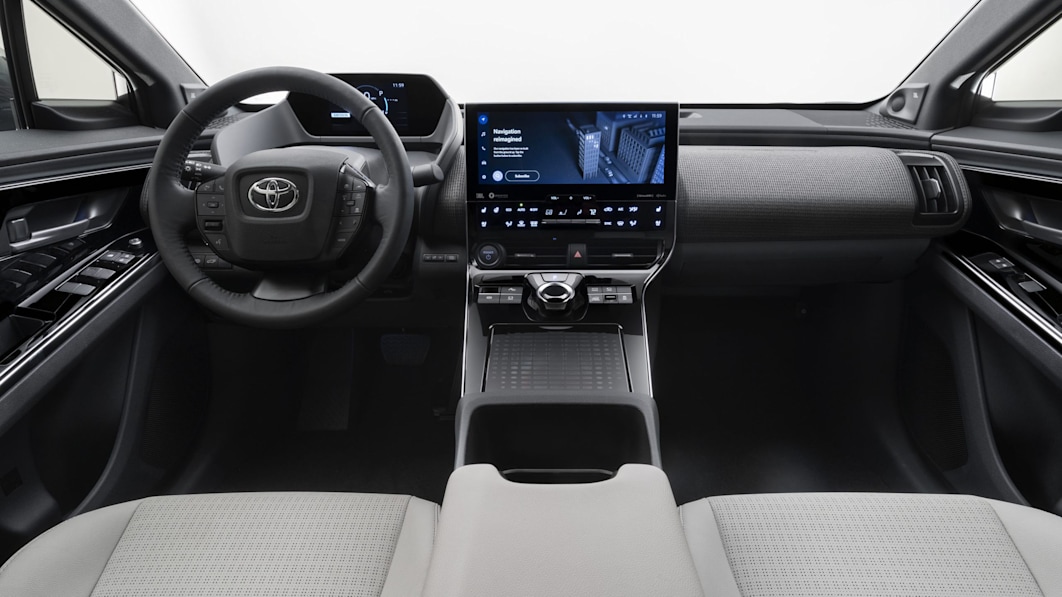The West Virginia Automobile Dealer’s Association (WVADA) wants OEMs to be all over the place about, well, seemingly everything. The WVADA confirmed to The Drive that it “helped” introduce bill HB 4560 to the state legislature, 32 pages and more than 14,000 words outlining what dealers in West Virginia don’t want manufacturers to be able to tell them to do. HB 4560 seemingly covers every aspect of the OEM dealer relationship, to prevent OEMs from imposing expensive facility upgrades more often than dealers want, to prevent OEMs from reducing allocations for reasons dealers are not happy with, to prevent OEMs from doing warranty work checking compensation more than 12 months after work is done, and making sure OEMs pay dealers for the cost of providing loaner cars at the dealer’s regular rate, and so on.
But one paragraph in the bill is a watershed provision that OEMs don’t want to set a precedent: The WVADA wants to eliminate over-the-air updates.
The text of the bill reads: “Except for low volume experimental vehicles not intended for retail sale, [OEMs cannot] ensure that warranty repair and recall work is performed by an entity other than a new motor vehicle dealer, including after-sales software and hardware upgrades or changes to vehicle function and features, and accessories for new motor vehicles sold by an authorized new motor vehicle dealer . Provided, however, that this language does not include post-sales software upgrades of the motor vehicle’s navigation or entertainment system.”
Considering that OTA updates are already the way business is done for every EV manufacturer and startup, how older automakers are remaking electronic architectures and software platforms that can handle remote upgrades, and how even partially autonomous vehicles need OTA updates, this is a big deal. The language also aims to prevent manufacturers from taking vehicle reservations or offering demonstrations and test drives. HB 4560 goes so far as to say to automakers, “Everything related to your vehicles and our customers should go through us, except for software changes to the infotainment system. Otherwise, keep our money handy when we say so.”
News of this hit the mainstream when the Alliance for Automotive Innovation (AAI) wrote a letter opposing the bill and shared it with CleanTechnica. The AAI is the reformed and renamed alliance of automakers, representing 21 OEMs and a few suppliers. Of course, the organization’s stance is that “many of the proposed changes would benefit dealers, but would ultimately cause costs and inconvenience to West Virginia residents” because vehicle owners would have to visit a dealer to have their vehicles repaired. , from software-related recalls to improving advanced driver assistance systems, expanding EV range by increasing battery capacity, and installing new features in automaker marketplaces that OEMs expect will add billions to their profits.
Mind you, the AAI is fighting this battle for its own ends; the consumer benefit is incidental. Three states further, in Massachusetts, the AAI is still putting a lot of money into fighting that state’s attempts to enact laws on the right to repair. In that state, it’s the AAI trying to tell consumers, “Everything related to repairing your car has to go through our dealers. Keep our money handy when we say so.”
Back in West Virginia, the AAI wants a chance to make its case before lawmakers before possible bills are passed. In the letter, the AAI writes that “its members would be pleased to appear before the House Judiciary Committee to further discuss these concerns and answer any questions from committee members regarding HB 4560.” Stay tuned.
Related video:
